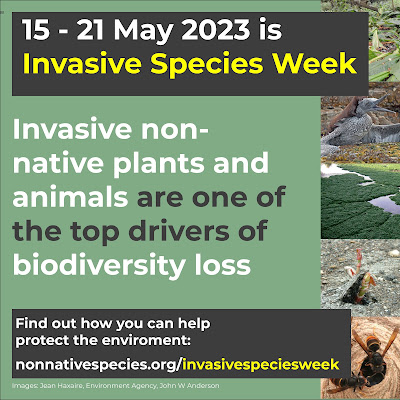 |
| Attendees at one of Faith Anstey's wildflower ID workshops |
Life is much easier if you can go straight to the right family and start keying out from there. But how can you be sure that you've identified the right family?
To solve this problem, BSBI has teamed up with Plantlife Scotland to provide two 'Identifying Wild Flower Families' workshops this summer, the first in Edinburgh in June and a second in Strathspey in July. Each workshop costs only £20 for BSBI members and full-time students (£40 for non-students and non-members) and included in the price are two essential pieces of kit: a handlens to help you see those essential plant characters; and a copy of Faith Anstey's Pocket Guide to Wildflower Families.
Faith has a proven track record in running very popular wild flower family workshops for BSBI. As she says: "Identifying wild flowers is as easy as FFF – Finding the Family First. In our workshops, expert tutors give you hands-on ID experience in small groups. Learn what points to look for, conquer your fear of keys and follow a flowchart to 50 wildflower families – as many as 500 different species will soon be at your fingertips".
To book for one of these workshops, please visit the BSBI Ticket Tailor page - there are still some spaces left but hurry to be sure of a place, and learn to identify wild flower families with confidence!




